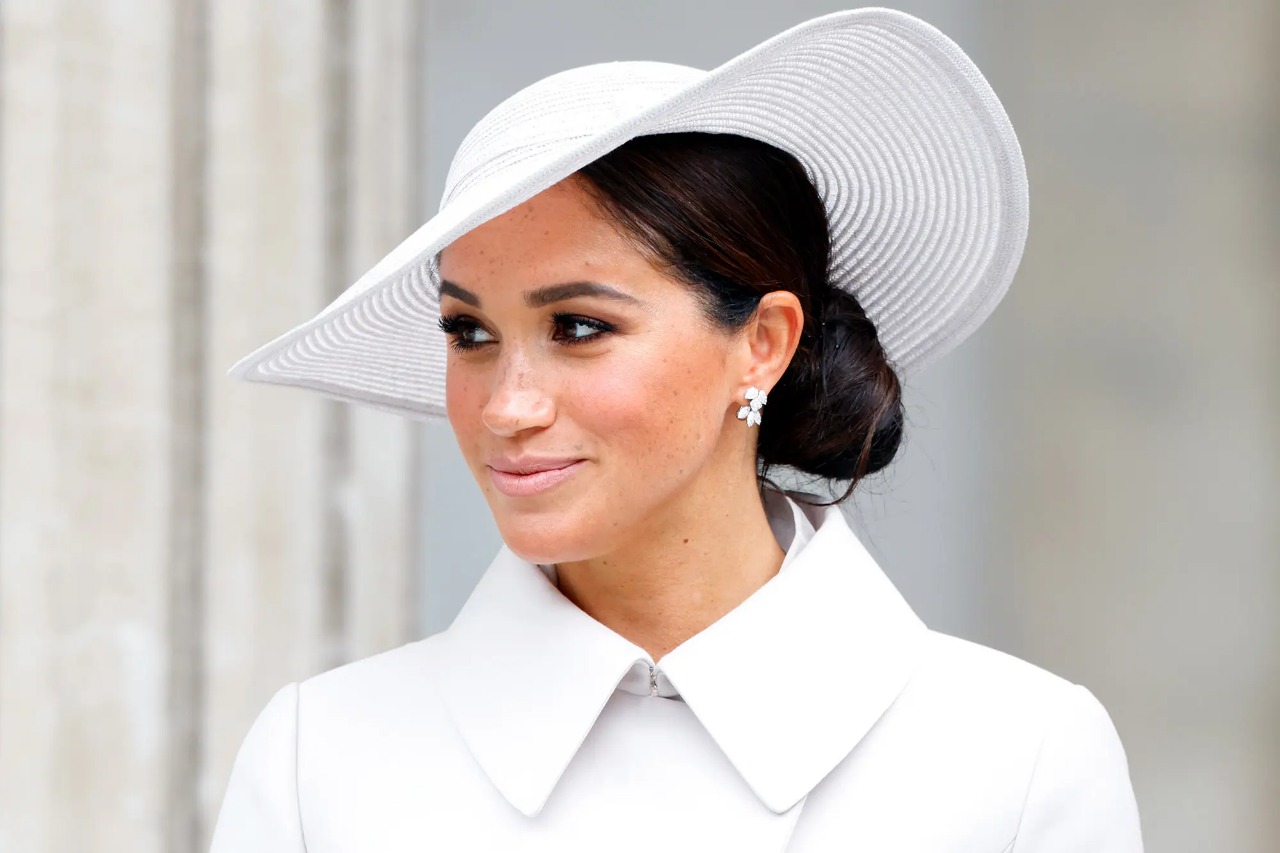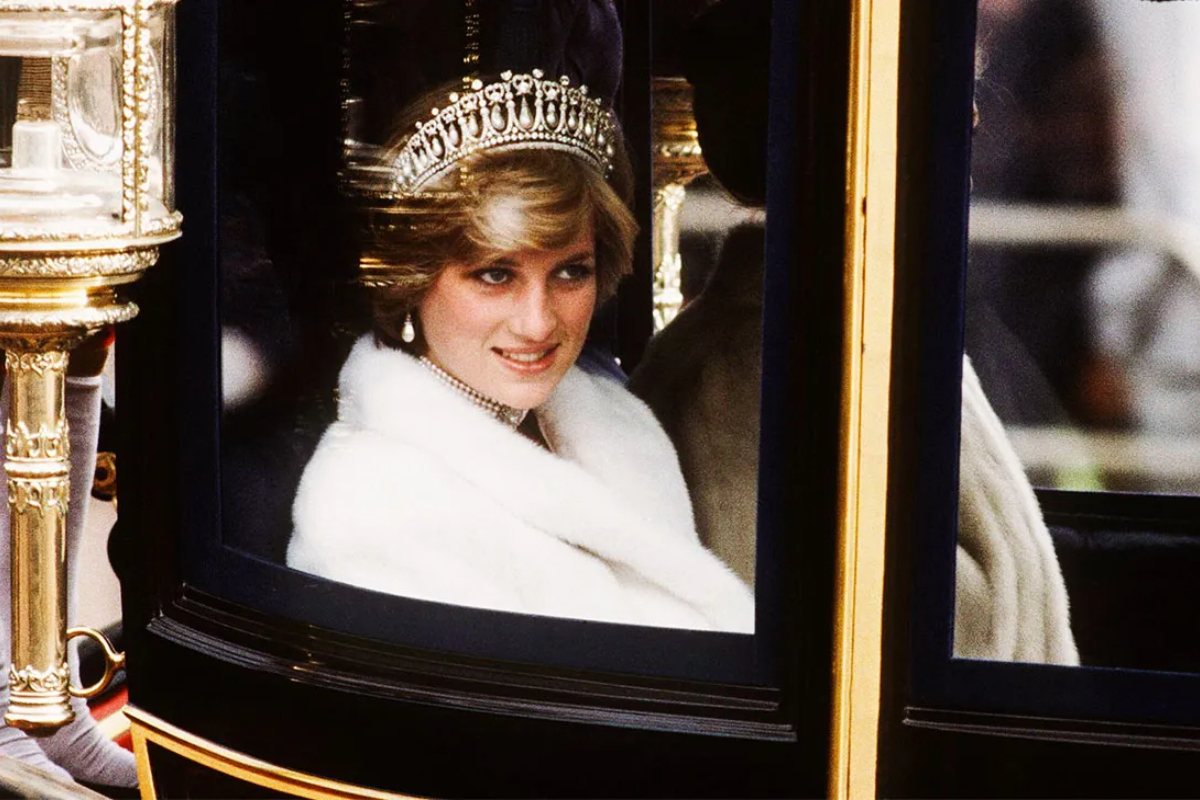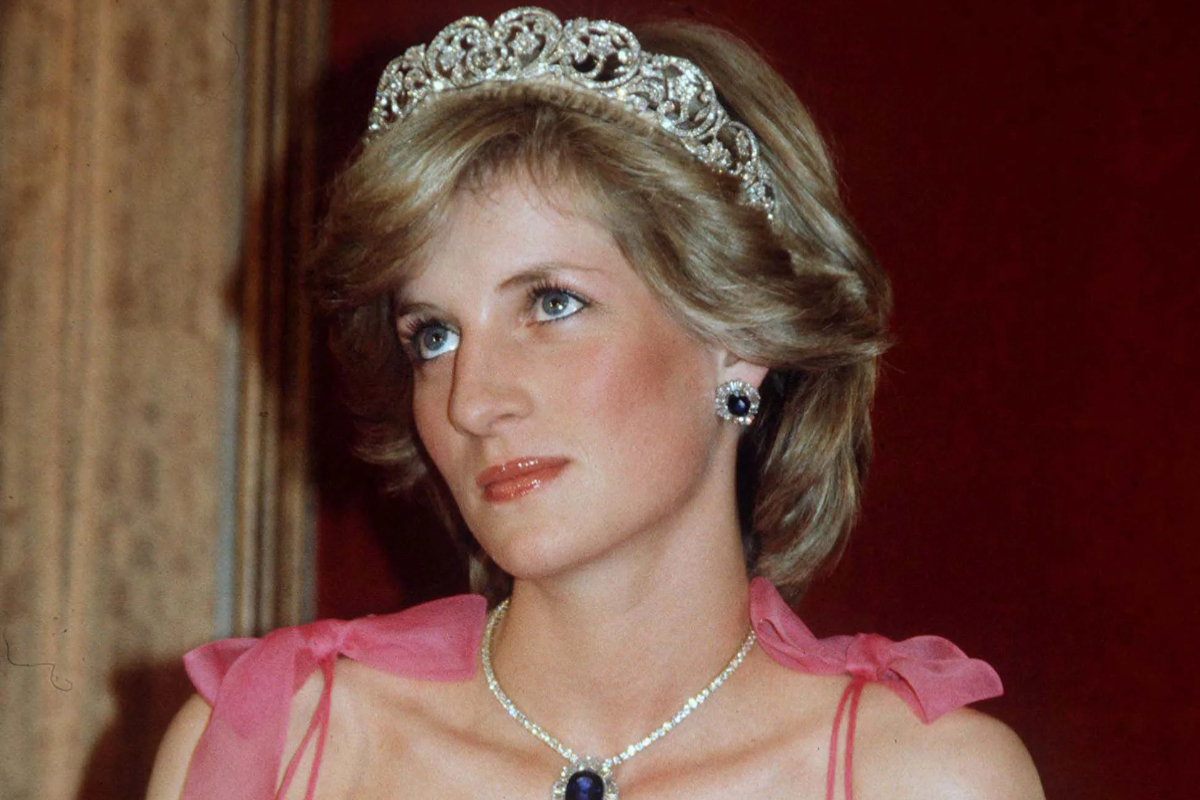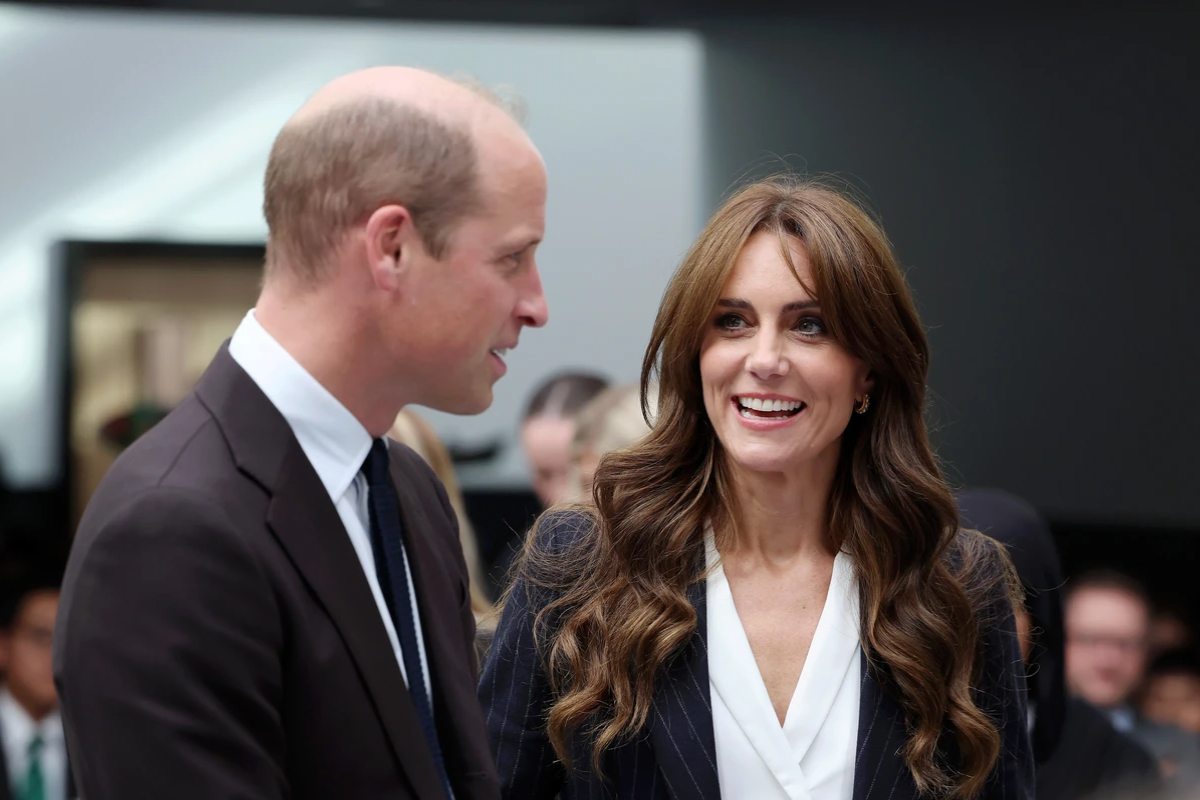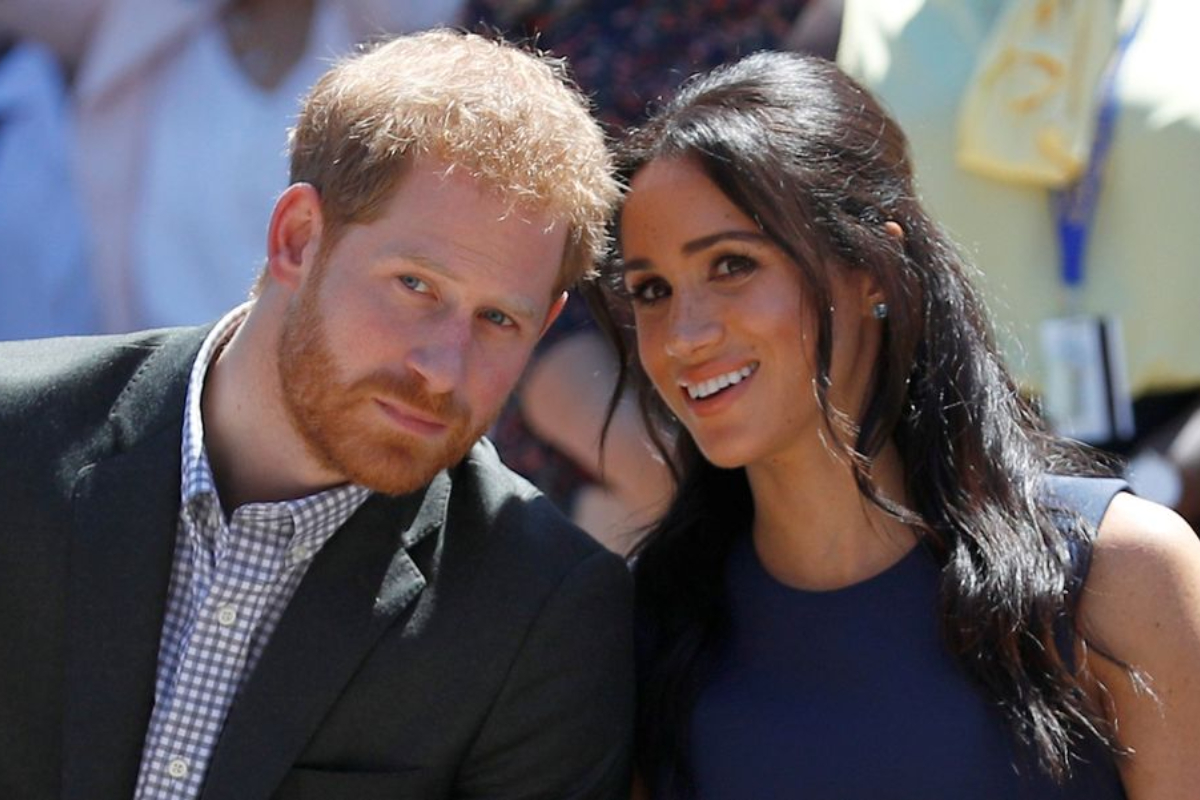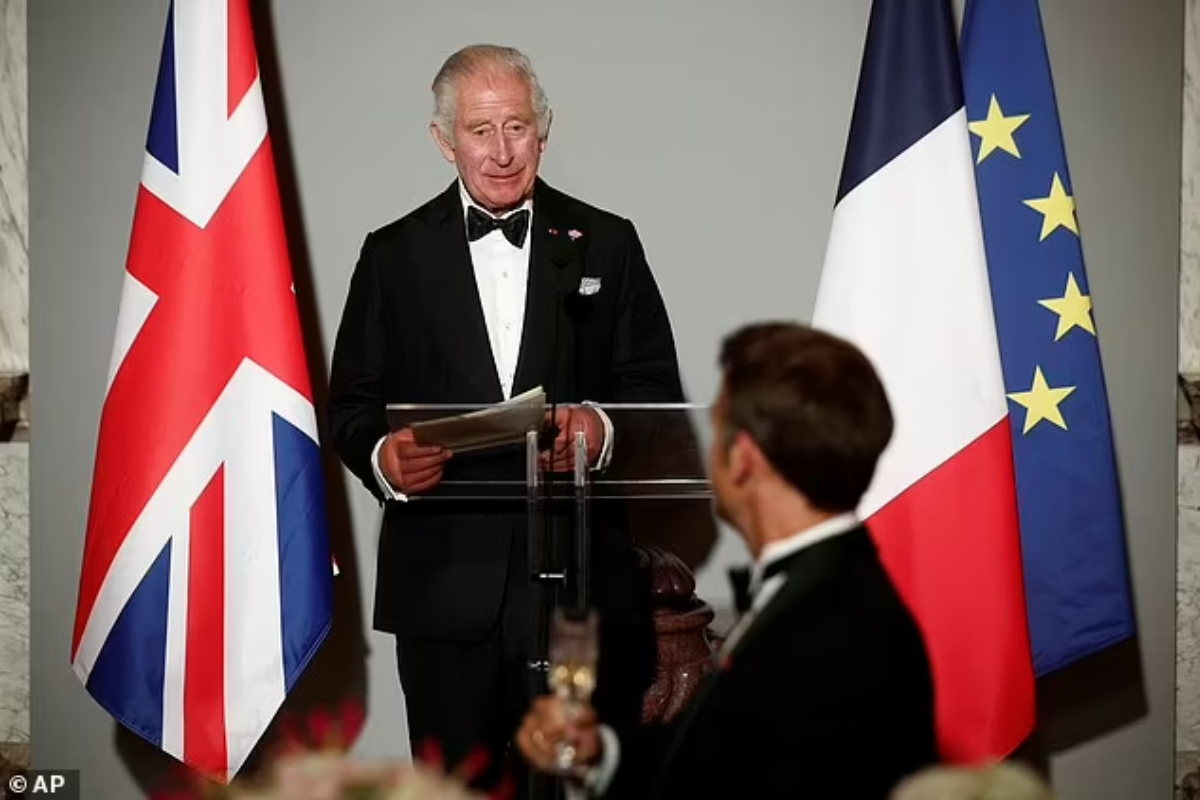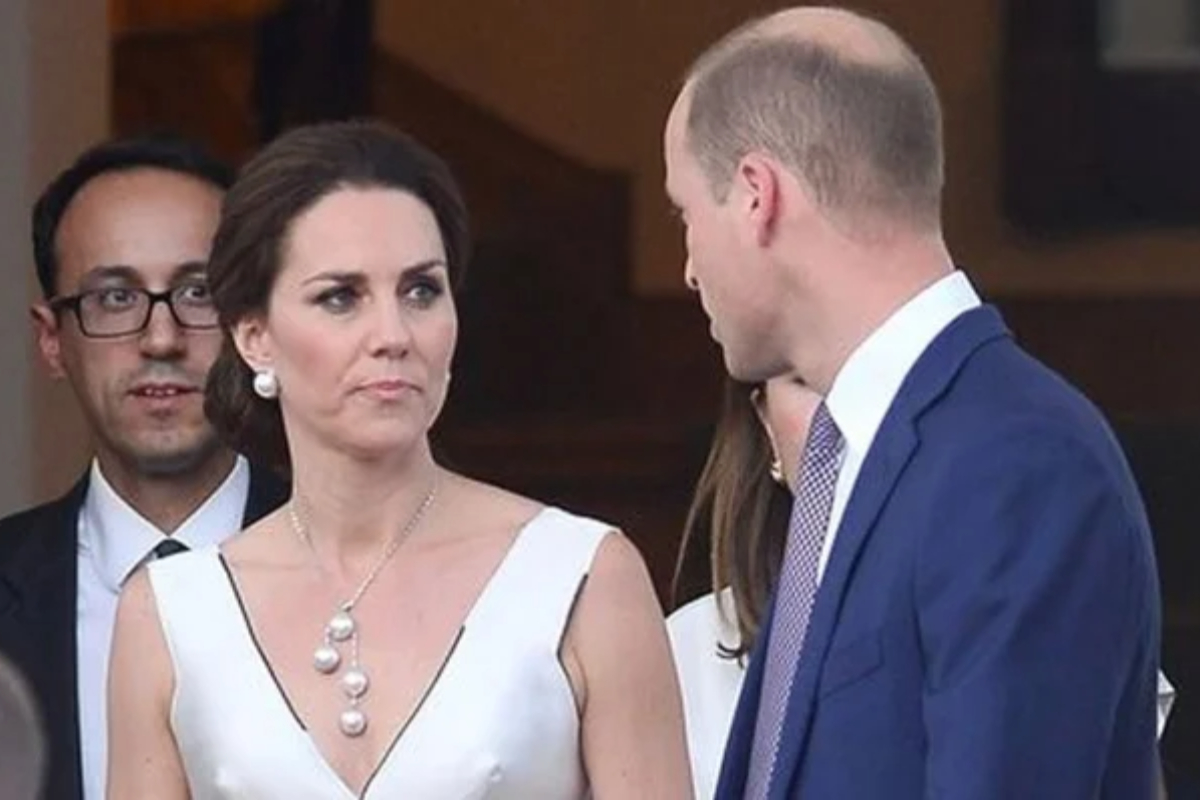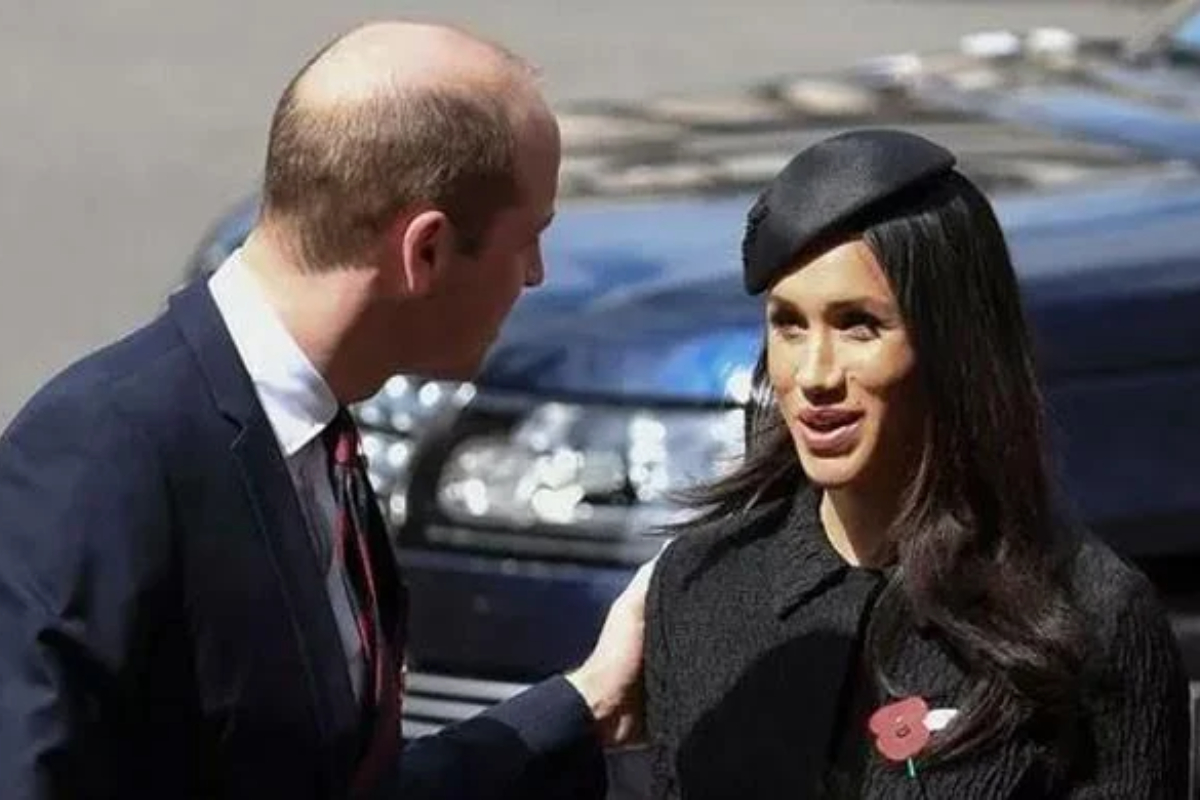- Meghan Markle released the latest episode of her podcast on Tuesday.
- She talked with Mellody Hobson and Victoria Jackson about the word “bitch.”
- The Duchess of Sussex said she’s never used the word but uses it to describe women who are “difficult.”
In her most recent podcast episode, Meghan Markle breaks down the word “bitch” and how it’s used to make strong women feel like they’re not good enough.
The Duchess of Sussex, who is 41 years old, released the latest episode of her Archetypes podcast on Tuesday. In it, she talked with Mellody Hobson, who is co-CEO of Ariel Investments and chairwoman of Starbucks, and Victoria Jackson, who is a makeup mogul and medical advocate. In a talk called “To “B” or Not to “B”?,” they talked about the controversial word that holds women back, especially in the workplace.
In the beginning of the episode, Meghan said she was a “word nerd” and never used the word “bitch.” Instead, she used the “B-word” or spelled it out. She then welcomed Robin Thede, the writer and creator of A Black Lady Sketch Show, who said that the negative word is still used to describe a woman who goes after what she wants and isn’t afraid to say no.
Meghan said in a voiceover that the “very charged word” means that these women are “difficult.”
“Which is really just a euphemism, or is probably not even a euphemism. It’s really a code word for the B-word,” she said before Thede dug into the power of reclaiming the word. While Meghan later said that she had “zero interest” in doing the same and joked that she hates the term so much that the conversation was giving her “hives,” she praised the notion, saying, “these women I respect, whose work I love, a lot of them are entirely comfortable with that. They want to do that, to take the power out of it.”
Meghan made a comparison when she introduced zoologist Lucy Cook, who wrote the book Bitch: A Revolutionary Guide to Sex, Evolution, and the Female Animal “especially in the bigger picture of difficult women who are a threat to the social order of humans. Being masculine is being aggressive and dominant and being feminine is being submissive.”
“It really annoys me, these labels, because actually being feminine, you know, amongst the animal kingdom, involves being aggressive and promiscuous and competitive, and dominant, and dynamic and varied and all the things that males are so these distinctions between masculine and feminine,” Cook offered. “And I think are our cultural not biological. I don’t think the word ‘bitch’ should be a swear word, why? Should be being a bitch, a bad thing.”
“The more we talk about it, and open up, it will definitely help solve and hopefully encourage people not to be afraid to ask for help, especially when you are feeling a little bit lower,” he added.
[embedpost slug=”princess-alexandra-of-luxembourg-engaged-her-unique-engagement-ring/”]

